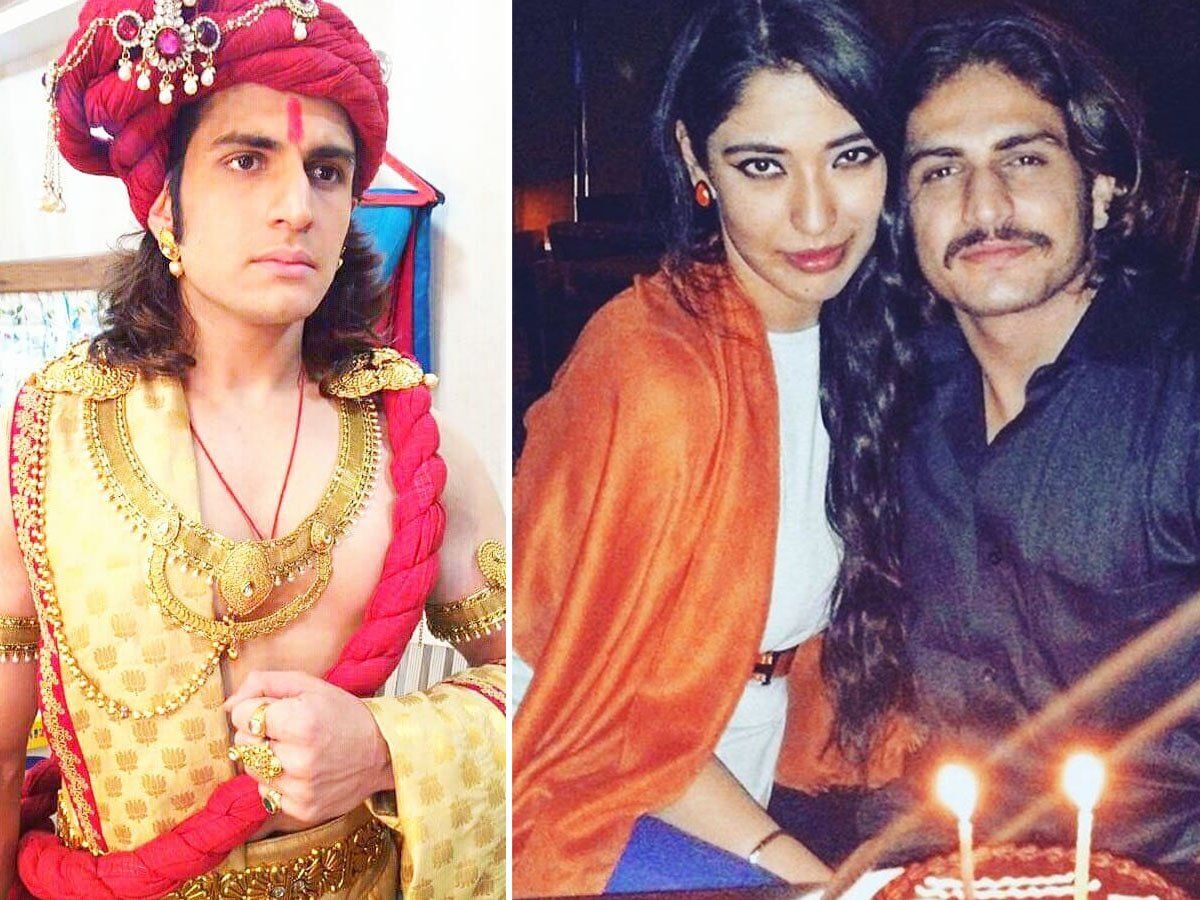

His mother, Karpuradevi, a Kalachuri princess, was his regent. 1178 CE at the tender age of 11 after the death of his father, the Chahamana/Chauhan ruler, Someshvara. But Raso is undoubtedly the most popular and well-known.Īccording to these accounts, Prithviraj ascended the throne in c. There are also accounts by Jain authors – Prabandha Chintamani (1304 CE) and Prithviraja Prabandha (1471 CE) – that are far more ‘critical’ accounts of his reign.

According to historians, the most reliable is the Prithviraja Vijaya composed around 1191-1192 CE by Jayanaka, a Kashmiri poet-historian of Prithviraj Chauhan’s court. There are a few others, although not as well-known. The Raso is not the only account of Prithviraj Chauhan’s life. Chauhan’s defeat paved the way for the Ghurid forces to advance into the Ganga-Yamuna Doab and lay the foundation of Muslim rule in the Indian subcontinent, which lasted for several centuries.Ĭoins ascribed to Prithviraj Chauhan | Wikimedia Commons The poem follows the life of Prithviraj Chauhan, whose popularity stems mainly from his confrontation with invader Muhammad Ghori in the Second Battle of Tarain (1192).
Prithviraj chauhan wife series#
Stories of his daring exploits, romance with Princess Sanyogita and battle against Muhammad Ghori have inspired dramas, popular literature, television series and even movies.īut most of these stories are taken from the epic poem Prithviraj Raso, which cleverly combines fact and fiction to create a compelling narrative that endures even today. The 12th-century king, Prithviraj Chauhan (1166 CE to 1192 CE), is among the most well-known of Indian rulers. While our hero and heroine advance on a steed, Prithviraj’s army, led by his political advisor and alleged author of this poem, Chand Bardai, fight back the Kanauj forces. Then did the bard demand to wield the sword but his prince exclaimed, ‘Strong are our swords, of bard, leave thou the fight, that we may live in song.’Įxtracted from the famous medieval epic poem Prithviraj Raso, translated by British officer and Oriental scholar James Tod, the stanza above refers to an episode in which the 12th century Chauhan dynasty ruler Prithviraj III kidnapped the princess of Kanauj, Sanyogita, from the middle of her swayamvar (wedding), as a mark of rebellion against her father King Jaichand, who frowned upon their love. The blood-stained arrows fly: one pierced the casque of the Chohan. The lord of men descended from his steed, and placed Sunjogta on another.


 0 kommentar(er)
0 kommentar(er)
